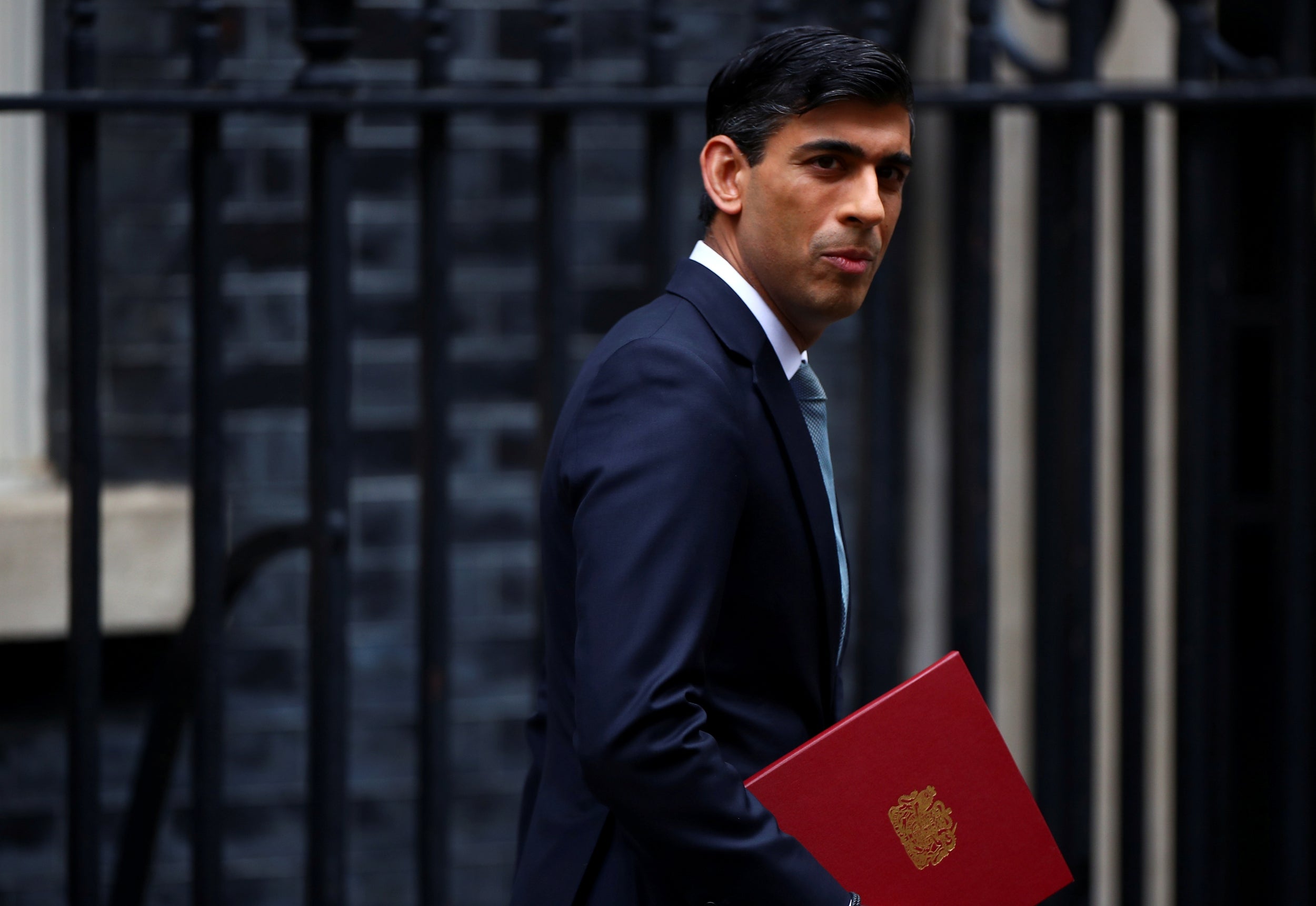Ministers accused of 'sidestepping’ issue of low pay for social care workers after nearly 1m other key staff get pay rises
Liberal Democrats say omission is 'simply not acceptable'

Your support helps us to tell the story
This election is still a dead heat, according to most polls. In a fight with such wafer-thin margins, we need reporters on the ground talking to the people Trump and Harris are courting. Your support allows us to keep sending journalists to the story.
The Independent is trusted by 27 million Americans from across the entire political spectrum every month. Unlike many other quality news outlets, we choose not to lock you out of our reporting and analysis with paywalls. But quality journalism must still be paid for.
Help us keep bring these critical stories to light. Your support makes all the difference.
Ministers have been accused of “sidestepping” the issue of low pay for care workers while providing 900,000 professionals in the public sector an above inflation pay rise.
Rishi Sunak, the chancellor, announced on Tuesday hundreds of thousands of public sector workers in England will benefit from the one-off above-inflation pay rise, including teachers, doctors and police officers.
The measure includes armed forces, soldiers, dentists and senior civil servants, but not nurses and healthcare assistants, who are covered by the three-year pay deal agreed in 2018.
The omission of social care workers, however, has attracted widespread criticism, with Ed Davey, the acting leader of the Liberal Democrats saying it was “simply not acceptable” the government had failed to recognise the “outstanding effort of social care staff during the Covid-19 crisis”.
The Institute for Public Policy Research think tank said not including nurses and carers was “unforgivable” and “unjustifiable snub” while professor Martin Green, the chief executive of Care England, added: “These past few months have been an incredibly challenging time for our NHS and social care and it is imperative that frontline staff are recognised and rewarded as such.
“We need to ensure that lip service is replaced by action in order to ensure the long-term sustainability of the adult social care sector.”
Vic Rayner, executive director at the National Care Forum, which represents 120 of the UK’s social care charities, said: “It is unacceptable for the Government to sidestep the issue around social care workers’ pay in today’s announcement.”
On the issue of nursing pay, Dame Donna Kinnair, chief executive of the Royal College of Nursing, added: “Nursing staff witnessed great public support and now need to feel the same from government. Telling them to wait until next year is not acceptable – nursing staff deserve a fair pay rise now.”
Earlier policing minister Kit Malthouse told BBC Radio 4’s Today programme the “vast majority” of social care workers are paid in the private sector so the government’s ability to “influence pay rates there is limited”.
Mr Malthouse added that – apart from “nationalising the entire thing” – the minimum wage rate was the best tool ministers had to recognise the efforts of care workers.
“What we have done is raise the level of the minimum wage very significantly over the last few years to get it up towards the £10.50 mark. That, we hope, will push through into these private sector jobs,” he said.
“Everybody looks at people who work in social care during coronavirus and thinks they have done a fantastic job in very, very difficult circumstances.
“But that’s the mechanism by which we think we can increase pay in that sector.”
The Trade Union Congress (TUC), which represents dozens of unions, also accused the government of a “cynical ploy”, as the announcement made no mentions of plans for future years.
“It’s hard to see how public sector workers can trust ministers after this cynical policy to disguise plans for more pay restraint,” said the TUC’s general secretary Frances O’Grady. “In the last decade, we learned the hard way that austerity and pay restraint slow down recovery. People have less to spend. Businesses have fewer customers. And it holds back growth.”
Subscribe to Independent Premium to bookmark this article
Want to bookmark your favourite articles and stories to read or reference later? Start your Independent Premium subscription today.
Join our commenting forum
Join thought-provoking conversations, follow other Independent readers and see their replies
Comments